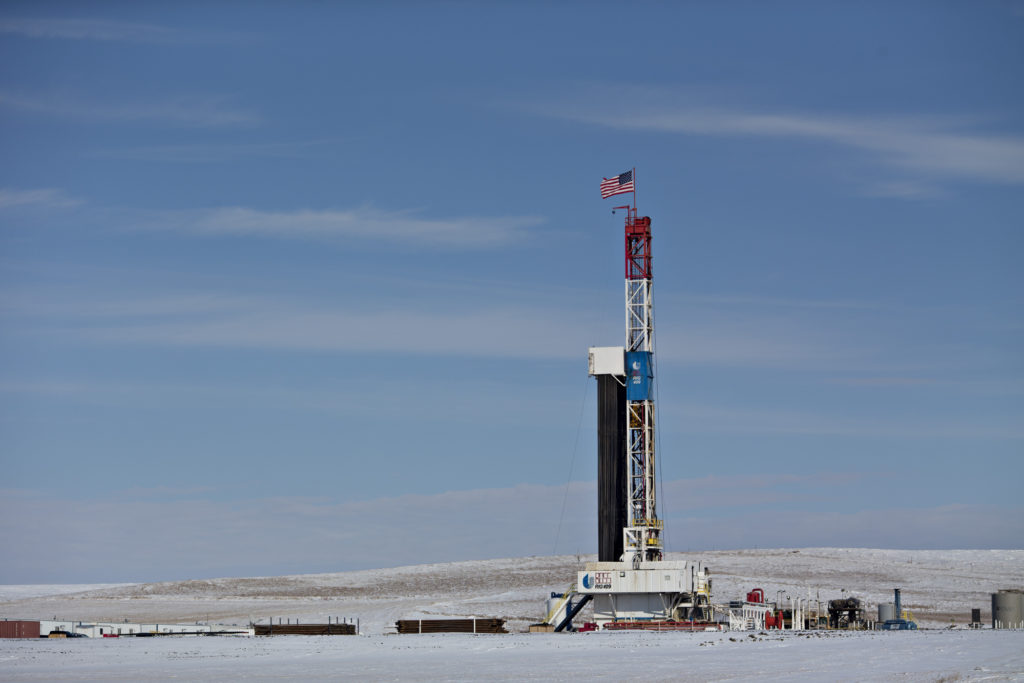
Andy Hall, the oil trader nicknamed “God” for his lucrative calls on crude, says the U.S. shale boom has made it far harder to predict global supplies.
That’s because shale producers are a lot more responsive to price swings than traditional explorers, but it’s not easy to tell how “thousands” of individual drilling decisions will impact global supply, Hall, 68, said in a Bloomberg TV interview Thursday. Traders face big gaps in gauging well and rig productivity, key factors going forward for the Permian Basin of West Texas and New Mexico.
“It used to be, on the supply side of the equation, you could predict with some confidence what future supply was going to be, outside of global political events,” he said. Now, “everyone is groping. There are a lot of variables that we don’t have a good handle on.”
If traders are to pick a trend, though, they’re probably better off betting oil will rise after its recent 30 percent plunge, Hall said. In addition to affecting shale production, the lower prices are likely to boost demand.
“With prices hovering at a little over $50 a barrel, I think you have to have a pretty negative outlook on the global economy to believe the prices will continue their downward trajectory,” he said, adding he doesn’t think that will be the case.
China’s likely to add to the uplift. The Asian country’s stockpiling strategy means it will probably boost purchases to take advantage of cheap oil, Hall said. Decisions by countries like Argentina to scrap government-controlled prices are also making global demand more responsive to market swings.
Hall closed his flagship Astenbeck Master Commodities Fund II in 2017, after reportedly losing almost 30 percent in the first half of the year. His career stretches back to the 1970s and includes stints at BP Plc, legendary merchant house Phibro Energy Inc. and Citigroup Inc., where he pocketed $100 million trading oil during the financial crisis.
The investor now serves on the advisory board of Orbital Insight, a Palo Alto-based provider of analytic platforms to translate satellite and aerial images into useful data.
Astenbeck hasn’t been the only hedge fund casualty in a crude market where volatility reached an almost three-year high in November. Brenham Capital Management said last month that it would close after two years of losses for the $800 million fund. Manager John Labanowski blamed oil-market cycles that have become “shorter and more violent,” and the “make it up as you go policy” of OPEC.
Hall said he didn’t regret having to shut down his fund. “I didn’t want to go to my grave trading oil.”
Recommended for you
